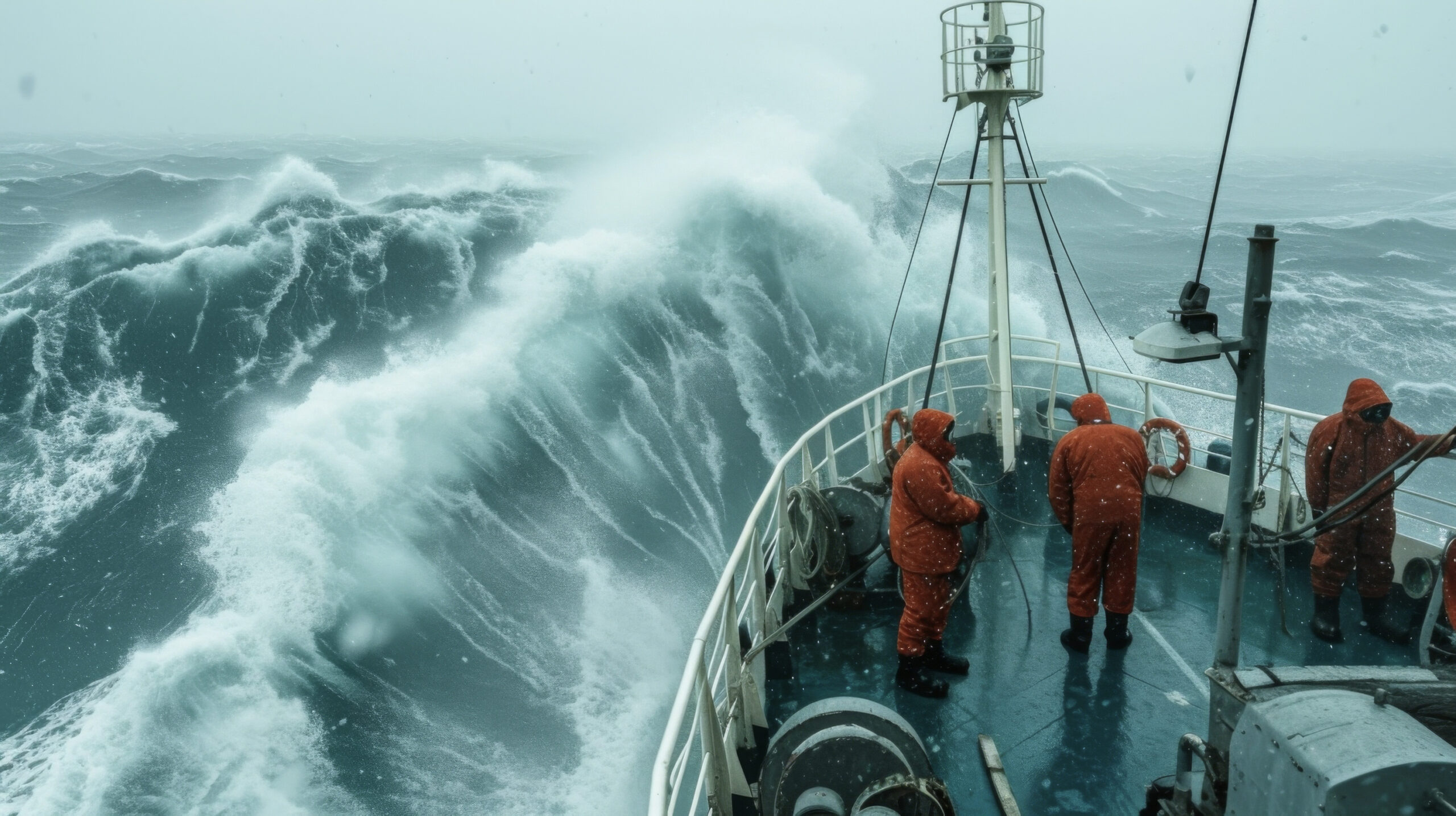New research from Seafarers’ Rights International (SRI), the international pan-industry body researching maritime and seafarers’ law, concludes that the Maritime Labour Convention is not being strictly and evenly enforced on a global basis.
The findings identify substantial achievements in the enforcement of the MLC, but also identify significant gaps.
The research has adopted a unique approach by evaluating the involvement of a wide range of stakeholders and role players in the Convention. It also presents a Table of Indicators that assesses the enforcement of the MLC by individual States.
Taking the findings as a whole and aggregating all regions of the world, it is very approximately estimated that implementation and enforcement of the MLC is achieving a success rate of around 65%.
“These findings challenge any complacency about the MLC working efficiently and uniformly around the world,” said Deirdre Fitzpatrick, Executive Director of SRI.
“The high level of ratifications and the high percentage of coverage of world tonnage could lead to the view that the MLC is widely effective around the world. But the research shows a different reality and points to where more efforts are needed to address the gaps in the effectiveness of the MLC. The MLC has not yet achieved a single international level playing field”.
When the MLC was unanimously adopted by the 94th (Maritime) Session of the ILC, Geneva in February 2006, it was variously described as ‘an extraordinary accomplishment’, ‘a truly historic event’, ‘epoch-making’ and ‘without precedent’.
More than ten years after the MLC came into force, the industry is facing momentous change.
“The research found that the significance of the MLC as a living instrument must also be seen in the changing maritime environment and as intrinsically linked with other international conventions and the changes that are being seen with Maritime Autonomous Surface Ships (MASS); environmental, social and governance (ESG) in the shipping industry; and climate change”, added Deirdre Fitzpatrick.
“Some of the barriers to a level playing field appear to be lack of resources and expertise to implement and enforce the Convention strictly and evenly by all States around the world. States ratify the Convention but there are cases where the States then do not implement the provisions of the MLC into their national laws and practices, or they do not report their compliance to the ILO. It is an ongoing task to build capacity and awareness leading to compliance for a more effective MLC around the world.”
The Maritime Labour Convention (MLC), according to International Labour Organization, it sets out, in a single instrument, the right of the world’s 1.5 million seafarers to decent conditions of work in almost every aspect of their working and living conditions, including minimum age, employment agreements, hours of work and rest, payment of wages, paid annual leave, repatriation, on board medical care, the use of recruitment and placement services, accommodation, food and catering, health and safety protection and accident prevention, and complaint procedures for seafarers.
As at March 1, 2024, the MLC has achieved ratifications among 105 ILO Member States to date, covering over 96% of the world’s gross tonnage.
Although the process of ratifying the MLC began in 2006, it is not yet complete. The rates of ratifications have varied over the years.



